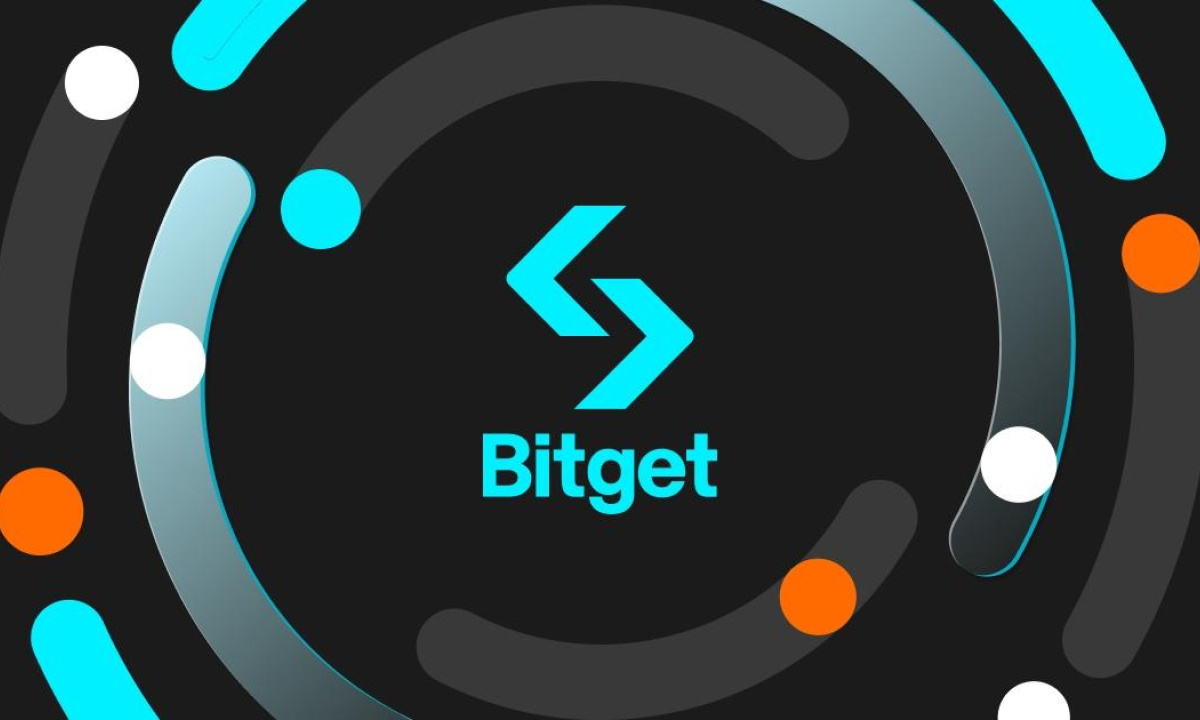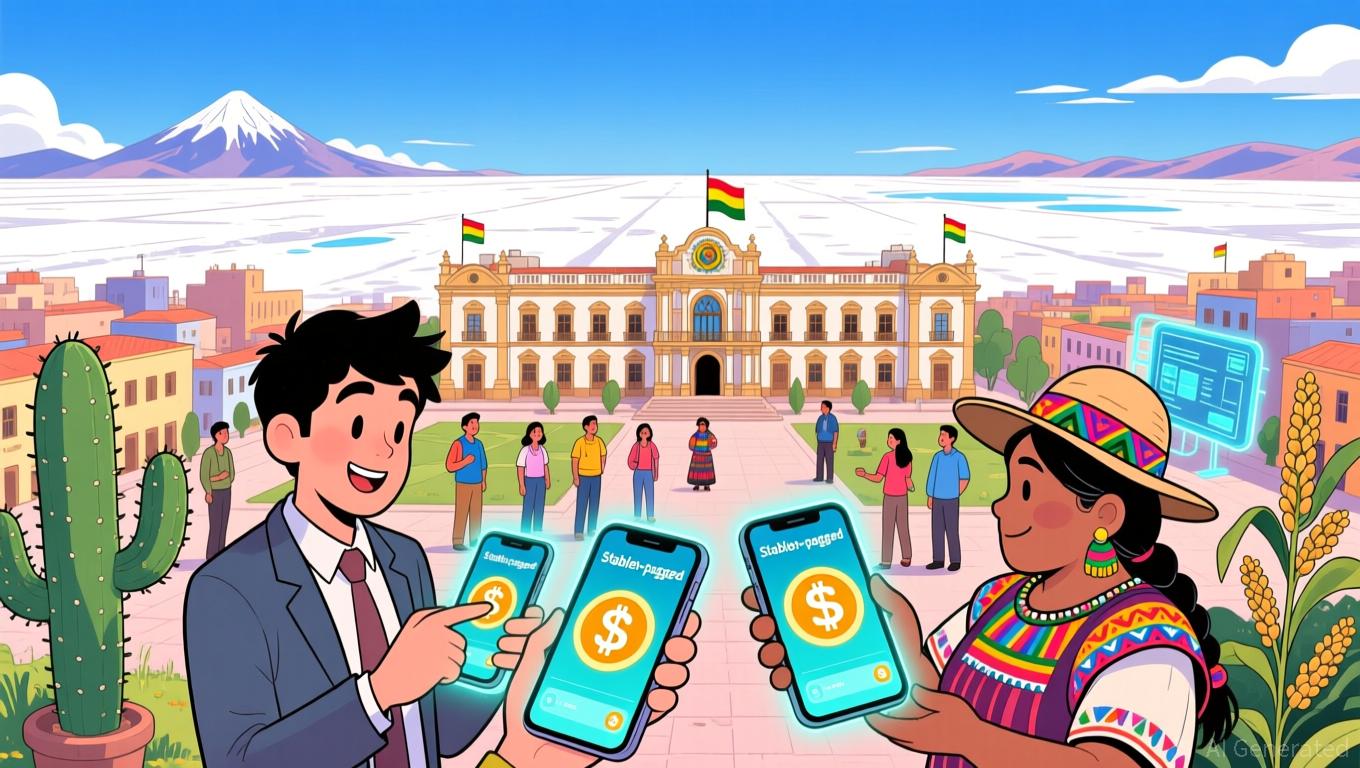
- Bitget Wallet now enables instant USDT/USDC transfers to banks in Nigeria and Mexico.
- The feature links stablecoins to 80+ banks with fast, regulated settlements.
- Users can convert and spend crypto easily without P2P platforms or exchanges.
Bitget Wallet has introduced a new Bank Transfer feature that allows users in Nigeria and Mexico to convert USDT and USDC directly into local currency and send funds straight to bank accounts.
The rollout marks a major step toward making stablecoins practical for everyday use in two of the world’s busiest crypto markets.
Stablecoins meet local banking
The new Bitget Wallet feature links stablecoins with mainstream banking systems at scale, making it possible to move money from on-chain assets to traditional accounts without relying on peer-to-peer platforms or centralised exchanges.
This integration is significant for Nigeria and Mexico, where people often face delays, liquidity gaps and unstable exchange rates when converting crypto into local money.
Users in Nigeria can now tap into a network that connects with more than 45 banks. In Mexico, the service is compatible with over 35 banks.
The transfers support USDT and USDC across five major blockchain networks, including BNB Chain, Ethereum, Solana, Tron and Base, giving users flexibility regardless of how they hold their assets.
Notably, the move comes at a time when stablecoins are increasingly used to protect savings and facilitate payments in regions grappling with inflation and currency volatility.
Nigeria processes more than $90 billion in annual on-chain activity, while Mexico records over $70 billion, and Bitget Wallet’s upgrade aims to make these digital assets more usable in day-to-day life.
Solving real payment problems
For many users, the ability to convert crypto into local currency instantly addresses long-standing pain points.
In Nigeria, most conversions depend on P2P platforms, which can suffer from sudden liquidity shortages and sharp rate swings.
In Mexico, limited infrastructure has often made the process slow or unclear.
Bitget Wallet’s new feature offers a direct path from wallet to bank, reducing risk and bringing a level of reliability that has been missing in both markets.
The new feature enables users to pay merchants, cover bills, send funds to friends or family and convert stablecoin savings for everyday spending.
Because the transfers originate from a self-custody wallet, users maintain full control of their assets throughout the process.
This offers a practical alternative to centralised exchanges, which require deposits and add extra steps before funds can be used.
Bitget is also promoting the feature by waiving fees, making adoption easier for first-time users.
Expansion to more emerging markets
The rollout in Nigeria and Mexico represents what the company calls the first large-scale deployment of direct stablecoin-to-bank transfers by a global crypto wallet .
If successful, it may serve as a model for how digital assets can blend into traditional financial systems in developing regions.
Bitget Wallet also plans to extend the Bank Transfer feature to more emerging markets in the coming months.
Notably, the Bank Transfer feature will complement other payment tools already offered by the platform, including a crypto card, QR code payments and an in-app lifestyle shop.
Together, these tools aim to create a complete ecosystem where crypto can be used as easily as local money.




